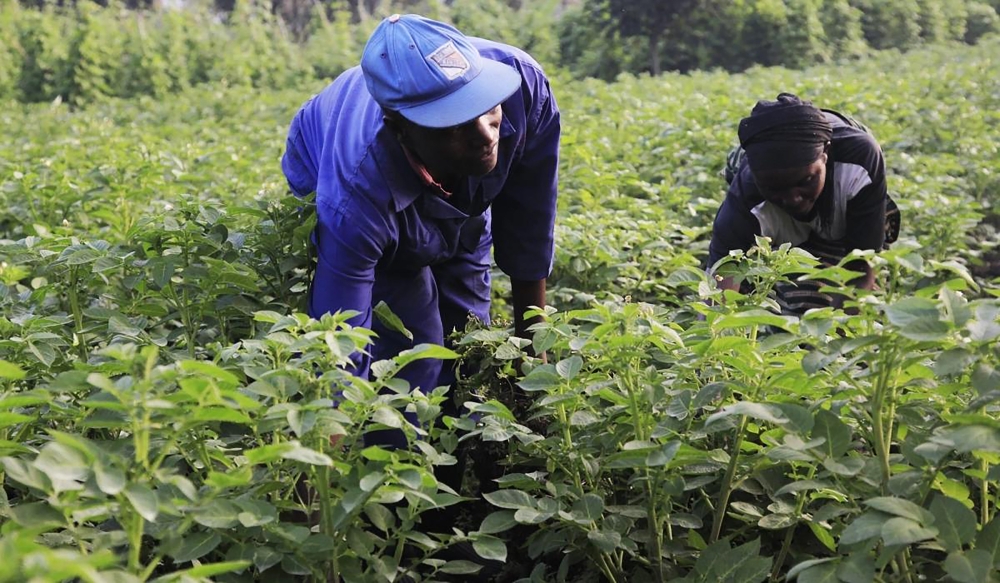There is a global inflation crisis brewing. Here in Rwanda, we are feeling it too. The recent reduction in fuel duty has failed to stem the rise of inflation, the recent increase in prices at Bralirwa (our main brewer) has opened the floodgates for price rises all around. Rice, sugar, maize flour, cooking oil and such basic foodstuffs have gone up.


There is a global inflation crisis brewing. Here in Rwanda, we are feeling it too. The recent reduction in fuel duty has failed to stem the rise of inflation, the recent increase in prices at Bralirwa (our main brewer) has opened the floodgates for price rises all around. Rice, sugar, maize flour, cooking oil and such basic foodstuffs have gone up.
The rise in urban inflation is hitting the poorest but the middle-class too is feeling the pinch.
We have tried to control inflation by reducing fuel duty but this is always a short-term solution, transporters still increase prices and the basic supply issues are never address.
Apart from distance, Rwanda’s main problem is supply that doesn’t match demand, most retail shops fail to provide what the customers need at a reasonable price.
No one imports on a sufficient scale to increase the economies of scale, so shop items are luxuries not necessities, they are the first things you cut from your budget. I am looking more for market food, natural, unprocessed and cheaper.
We cannot raise wages all around because that will fuel inflation, so we need a way to reduce prices, a balance between inflation and deflation, with some prices coming down and others going up.
A rhetorical question; when did you last hear of a price going down? Never happens, it has become a self-fulfilling prophecy that prices will always rise, albeit slowly.
Rwanda does not have the sudden price rises that are common in other regional economies but it is always subject to price hikes in Uganda and Kenya. That is why fuel taxes are regulated and subsidised to cushion the blow.
Rwanda has a strong currency, second only to Kenya in the region, this badly affects our exports regionally. Ugandans now refer to the "Rwandan Dollar” and their currency has plummeted from 3.5-1Rwf to 5.5 – 1Rwf, this is mostly due to having too many notes in circulation.
In Rwanda we appear to have too few notes in circulation, the same money is harder to come by and buys less when you get it.
The biggest factors in driving our inflation are exogenous or external factors; the rising price of oil, the weakened dollar, the Euro debt crisis, commodity speculation, higher interest rates, a weak bond market.
The factors we can control are supply issues and internal structural deficiencies in our economy. This will mean taking on some important vested interests who thrive on inefficiency.




